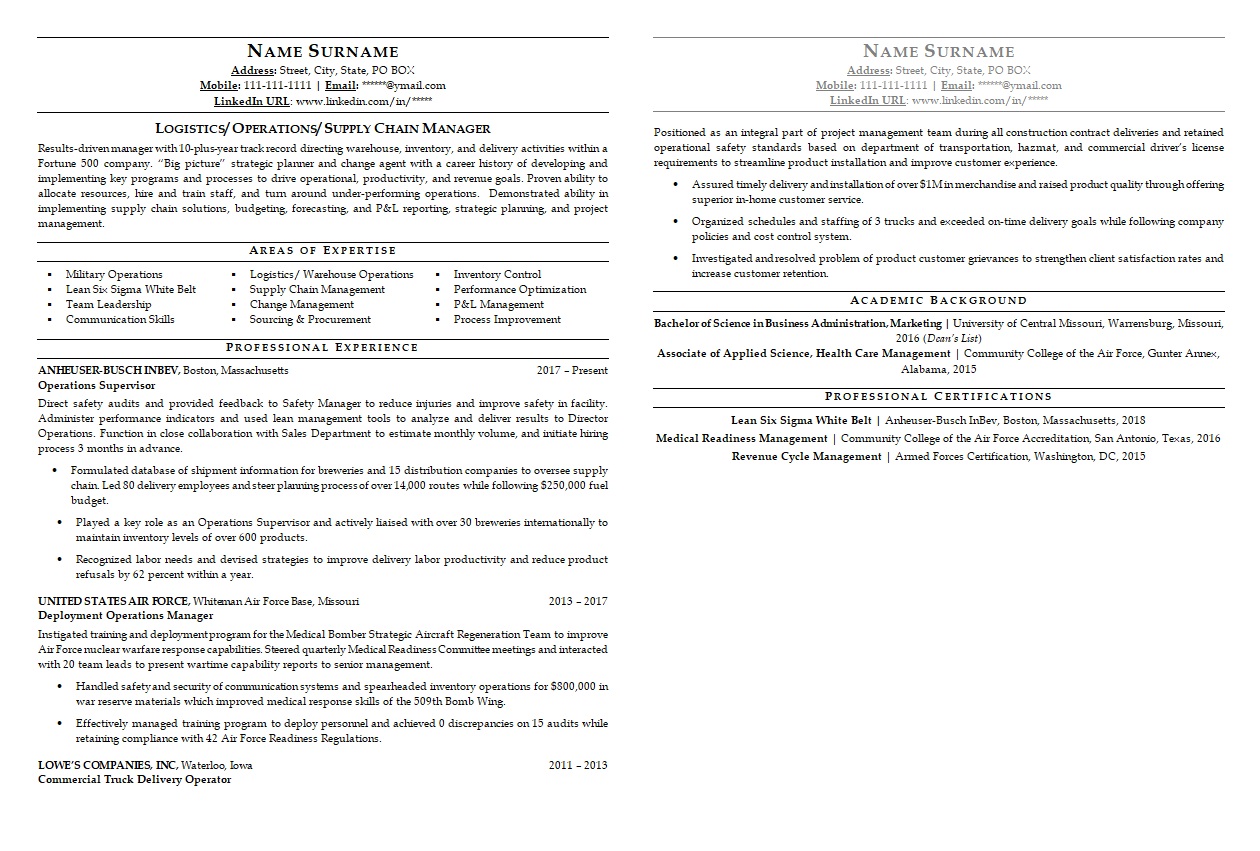Choose a promising direction and place of work
As the role of logistics changes, the stereotypes that have developed around the profession are transformed. For most of us, logistics is associated with goods’ transportation, order picking, and storage of goods in a warehouse. But, if you dive into the study of how goods get from the manufacturing company to the end consumer, you begin to understand that everything is much more complicated and interesting.
Today, logistics face new challenges:
- Sales channels are developing (for example, the e-commerce market is growing rapidly).
- Customers are becoming more demanding.
- Our buying behavior is changing.
And how effective each part of the supply chain is managed will determine the ultimate customer satisfaction.
Today, logistics influence the company’s development strategy, the development and implementation of management solutions, the selection, and integration of IT technologies. Of course, a young specialist who has come to a starting position cannot immediately feel the full importance of logistics in business. But he will see how interesting and promising the chosen direction is. The easiest way to feel this is if the first place of work is a large and modern logistics facility where all innovations are implemented and where the optimization process never stops.
Come to Logistics Right After College
Working in an operating position at one of these innovative sites is enough to get a secondary vocational education. US colleges offer specialized training programs in the field of logistics, for example: “Organization of transportation and management in transport”, “Operational activities in logistics” and others. However, a college graduate with a different major can also start a career in logistics. Many HR services in logistics centers organize training for those who come to starting positions without experience. Depending on the chosen position, beginners learn to work with technology and the WMS system, get a basic understanding of the structure of a warehouse complex, and the organization of warehouse processes. It is important that the young specialist is technically competent, has the skills to work with information systems, be ready to master new technologies (for example, voice selection, light signal selection) and work with automation systems.
Begin from the starting position
The optimal start to a logistics career is working in starting operating positions: a warehouse employee, driver, or dispatcher. Such a start allows a future manager or analyst to understand the main logistics processes and understand in which direction he is interested in developing further. It can be warehouse, local or international transport logistics, as well as specialization in customs operations, supply planning or procurement. The next stage can be specialized higher education and study of the entire supply chain.
Acquire hands-on skills on the way to managerial positions
If we talk about working in a warehouse, then the next step in development can be a foreman’s position. Successful work requires team management skills and effective organization of work.
As the area of responsibility increases, it is necessary to develop new skills and competencies. For example, a shift supervisor should have the following competencies:
- Know well the processes of goods movement in all parts of the warehouse;
- Understand the financial component (analyze costs and their impact on operating activities);
- Be able to manage a team and organize work in a separate area and in a shift;
- Understand IT systems and new technologies used in logistics.
Choose large companies to build a career in logistics
Additional career development benefits are provided by large companies, especially those operating in networks with extensive geography. For example, there are always logistics sites of different levels in retail chains – from store warehouses to central distribution centers located in different regions. Such companies have established a procedure for transferring employees to another region to the new opening site team. For a person who started their journey in logistics, this is an excellent opportunity to get promoted to a manager’s position. The main thing is not to be afraid to take on new complex projects.
Another advantage of working in a large company is developing and developing both vertically and horizontally. For example, the object of an employee’s ambitions may not be a managerial career, but an opportunity to specialize in areas of interest to him. Also, in a large company, due to the large number of facilities, there is always the possibility of moving into a new field of activity, for example, from warehouse logistics to transport. In addition, relocation mechanisms often allow employees to solve their global personal tasks, such as moving to another city or working at the central office.
Demonstrate an interest in the development
When looking for a suitable candidate, recruiting specialists and hiring managers are much more interested in the candidate’s desire to grow and develop than just a person with a degree. When many new technologies appear, knowledge and experience quickly become outdated. It is important to learn new things constantly. Flexibility and adaptability to change are also becoming one of the key competencies. For many companies, the general trend is to create an environment for employee development within one organization. Logistics facilities will be no exception in this regard. The onsite HR team will show you all the possibilities and perspectives with examples of real-life success stories. You will need to be willing to take advantage of these opportunities, be quick to learn, and be ready to acquire knowledge and skills. Moreover, this desire must begin to demonstrate already at the first telephone interview.




















